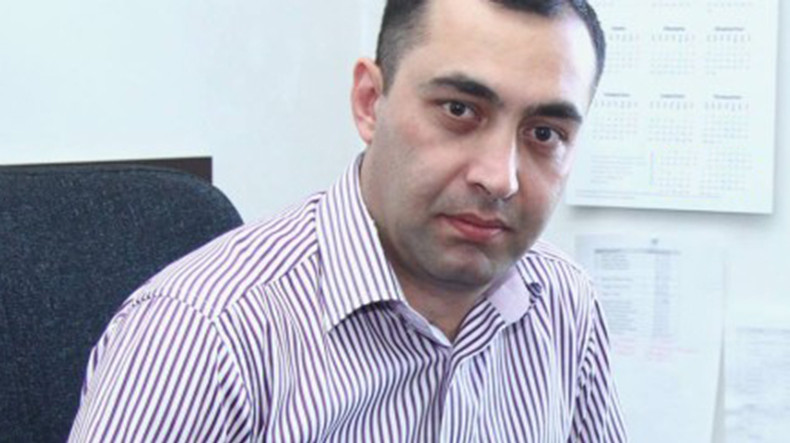
OSCE Minsk Group co-chairmen visit Baku to get Azerbaijan back on negotiation track
OSCE Minsk Group co-chairs will visit Azerbaijan today in a new set-up, US co-chairman James Warlick announced yesterday. According to diplomatic sources, the co-chairmen will firs visit Azerbaijan, and then arrive in Yerevan.
During the visit French diplomat, Stéphane Visconti, is set to replace Pierre Andrieu as the French co-chairman in the OSCE Minsk Group.
Even though the mediators’ visit to the region is a planned and regular one, it comes in a notable and accentuated context. Within the framework of the visit, the co-chairmen will first arrive in Azerbaijan. At first glance, this seems to be a usual practice and the question which side is visited the first is of no much relevance. However, at this point this detail has an interesting aspect.
Days ago the US Secretary of State John Kerry made remarks at the Atlantic and Aspen Institute about the Nagorno Karabakh conflict, suggesting “right now the leaders [presidents of Armenia and Azerbaijan] aren’t ready [NK settlement], because the tensions aren’t there”.
The statement was operatively reacted by Baku, first at the level of the Foreign Minister, then at the president’s level.
What message is Aliyev delivering? “That is a shame to blame Azerbaijan for the unresolved conflict”. From the psychological perspective this appears to be a syndrome of a perpetrator, when the latter fully realized its guilt and is the first to respond to indirect accusation and the signal. Thus, Aliyev proves his major role in obstructing the resolution of the conflict.
During the negotiation process it has been more that once Armenia has displayed constructive approach to reach a negotiated solution to the conflict based on compromise. What Azerbaijan is doing is to simply reject all the discussions. That is to say Azerbaijan is the only one who goes against the position of the international community, co-chairing states, and Armenia. This is evident and understandable to all. Kerry’s statement has outwardly referred to the both sides, while Azerbaijani president’s reaction revealed the actual addressee.
Ahead of the co-chairmen’s visit to the region, the Armenian armed forces have neutralized several Azerbaijani sabotage infiltration attempts in different directions of the Azerbaijani-Artsakh border.
This was not the first incident initiated by Azerbaijan since the April four-day war, amid the high-level arrangements reached at the Vienna and St. Petersburg summits Azerbaijan agreed to. This is to show Azerbaijan remains committed to its adopted policy despite those arrangements - that is to escalate the situation along the Line of Contact before and after the key meetings aimed at the conflict settlement. In his continuous discontent Aliyev notes that Azerbaijan has been forced to recognize the Artsakh independence beyond the closed doors of the negotiations. This is an indicative of Azerbaijani inability to resist the external pressure. Therefore, the regional visit of the co-chairmen first to Baku has a cause–consequential link.
Future developments will show what tangible results the mediators’ visit may bring. To remind, US co-chair James Warlick has stated the co-chairmen are willing to organize the presidents’ meeting.
“The decision is to be made by the presidents. We believe the dialogue at the highest level is a necessary precondition to move forward in the settlement process,” Warlick has said.
Newsfeed
Videos






























